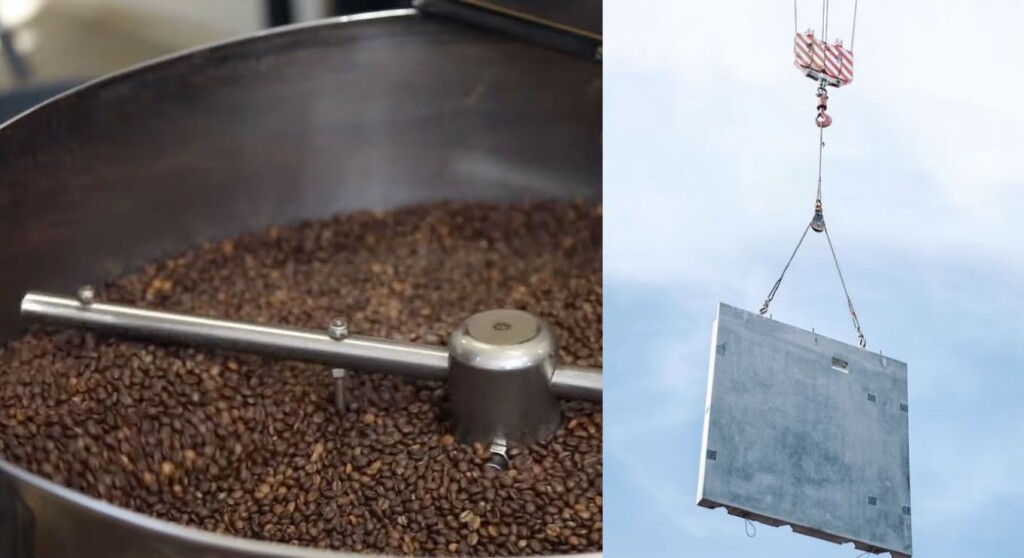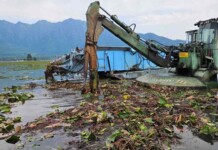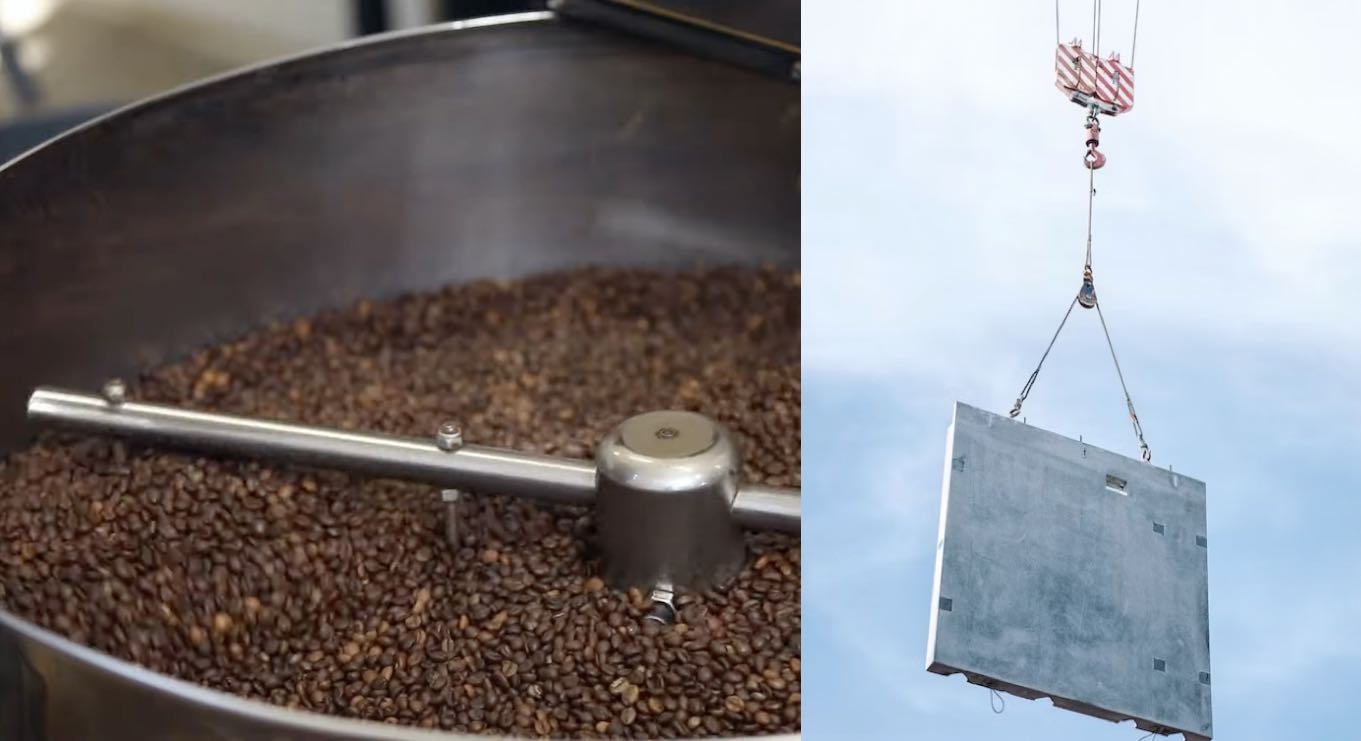
Engineers in Australia have found a way of making stronger concrete by utilizing coffee grounds, giving the roast a “double shot” at life and reducing waste going to landfills.
The RMIT University team developed the technique that makes concrete 30% stronger by adding waste coffee grounds after it is turned into biochar using their “low-energy process”.
Globally, 11 million tons of spent coffee is generated annually. Disposing of organic waste poses an environmental challenge because it emits large amounts of greenhouse gases like carbon dioxide and methane, which is 21 times worse than CO2 for the climate.
Furthermore, concrete used in construction projects around the world requires 50 billion tons of natural sand mined every year. Coffee biochar can replace a portion of that sand, which is a finite resource, explained research team leader Professor Jie Li.
“The ongoing extraction of natural sand around the world–typically taken from river beds and banks–to meet the rapidly growing demands of the construction industry has a big impact on the environment.”
“With a circular-economy approach, we could keep organic waste out of landfill and also better preserve our natural resources like sand,” said Li.
CHECK OUT—> Shoes Made From Coffee Grounds and Recycled Plastic Bottles Are Not Only Waterproof But Super Comfy
“The inspiration for our work was to find an innovative way of using the large amounts of coffee waste in construction projects rather than sending it to landfills,” said Dr. Rajeev Roychand, lead author of the research paper published in the Journal of Cleaner Production.
He said the study is the first to prove that waste coffee grounds can be used to improve concrete—and several local governments battling with the disposal of organic waste have shown interest in their work.
“They have already engaged us for their upcoming infrastructure projects incorporating pyrolysed forms of different organic wastes.”
MORE COFFEE UN-WASTE: Football Fans Can Now Eat Their Coffee Cups After They’re Done Sipping
Pyrolysis involves heating organic waste in the absence of oxygen at 350 degrees Celsius.
“Our research team has gained extensive experience in developing highly optimized biochars from different organic wastes, including wood biochar, food-waste biochar, agricultural waste biochar, and municipal solid-waste biochar, for concrete applications,” said co-researcher Dr. Mohammad Saberian, who is working with his team next on field trials.
These exciting findings offer an innovative way to greatly reduce the amount of organic waste that goes to landfill—and the construction industry could play a role in transforming it into a valuable resource to ensure sustainability. . . Watch their video below.
MORE: This Brilliant Low-Income Housing in Colombia is Made From Coffee Waste
POUR A CUP of INNOVATION For Eco-Buddies—Share on Social Media…




















